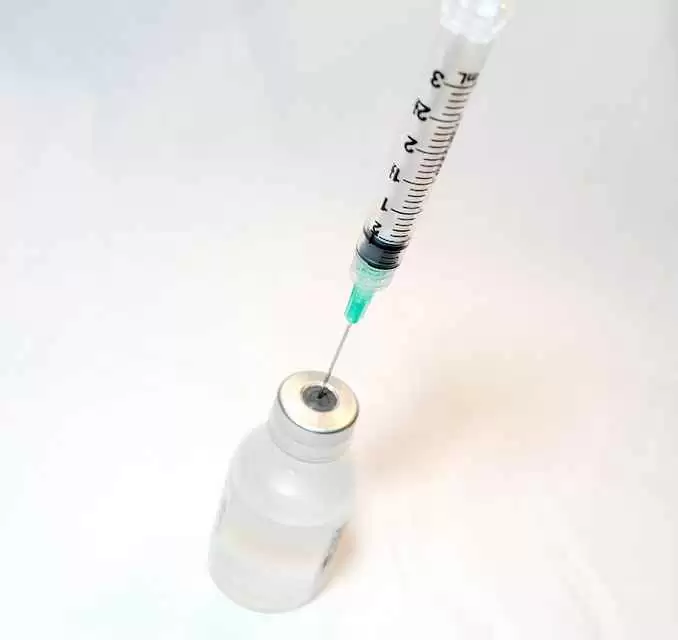
Celiac.com 02/22/2021 - The skin has long been thought to be the body's largest organ. Recently, however, researchers discovered that the largest organ might actually be the interstitium, which lies just beneath the skin's outermost layers.
It is that interstitial tissue that is the focus of a new biometric skin patch that may eventually diagnose numerous ailments faster and easier, and more cleanly than traditional blood tests.
Celiac.com Sponsor (A12):
However, this is no easy task, as the interstitial tissue won't give up its secrets easily. Even though it's close to the skin, and close to blood, getting enough useful fluid from the interstitial tissue to get accurate test data is a bit like squeezing blood from a stone. Getting even a thousandth of a tablespoon, an amount still hundreds of times smaller than a standard blood draw, remains a challenge.
A new development might offer a way around that challenge. In a recent paper, researchers at Washington University in St. Louis report using disposable micro-needle patches to capture ISF biomarkers, and to measure them up to about 800 times greater sensitivity than comparable biomarker tests.
The thin rectangular patches contain hundreds of plastic micro-needles, each less than a millimeter long. To use them, simply press the patch against your finger, then dip the patch into a liquid solution of nanoparticles, which will sense and reveal presence of the certain known proteins.
Because blood based testing can present logistical and financial challenges for poor and/or rural populations, such a test represents a logistical, scientific and financial breakthrough.
"Currently, the new skin patches work on just a few biomarkers, but by significantly improving the sensitivity of immunoassays,” says Srikanth Singamaneni, a materials scientist who led the study, researchers may be able to help to meet the "need for bio-diagnostics in low- and middle-income countries—and even in rural parts of the United States.”
The test can detect cytokine IL-6, and research has shown that detecting cytokines may be the best way to diagnose gluten sensitivity. A cheap, portable, reliable test that could spot celiac disease, gluten sensitivity and other health conditions, could be a major benefit to large numbers of people who remain undiagnosed, and for whom traditional blood tests are often out of reach.
The team's data appears in Nature Biomedical Engineering.
Read more on this in an excellent article by Wired.com









Recommended Comments
There are no comments to display.
Create an account or sign in to comment
You need to be a member in order to leave a comment
Create an account
Sign up for a new account in our community. It's easy!
Register a new accountSign in
Already have an account? Sign in here.
Sign In Now